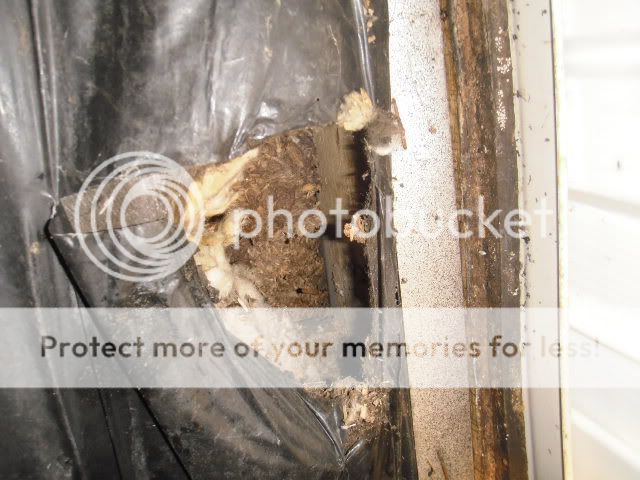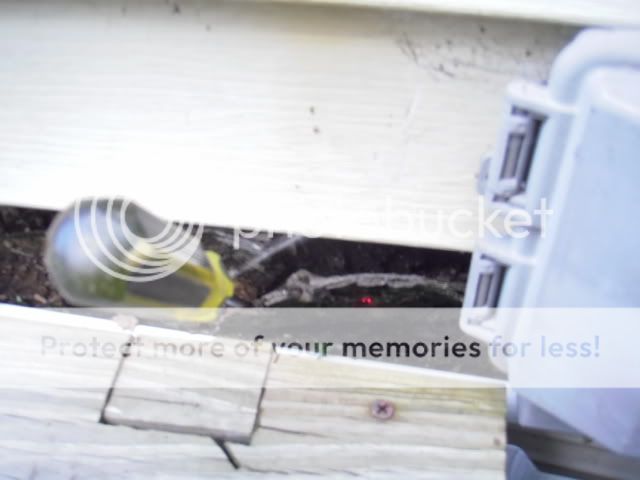I’m hoping for a liitle guidance with an inspection. I don’t typically inspect mobile homes, but took one on this week. What are the important aspects of this type of a dwelling that I should be aware of and looking for? Thanks for any help you can offer.
Bob Huska
York, PA
Watch for PB water lines. Look for proper tie downs. Hot water heaters may be hidden behind walls in a closet. These homes are notorious for moisture intrusions. Do a search on this web site.
If you dont have specific training with mobile/manufactued homes you should pair up with an inspector that does or pass it on.
Move beds and walk in front of all the windows looking for rotton flooring. Try to rock the toilets looking for rotton flooring. Under the structure look for falling insulation. Push against the walls and test for termites. Be careful with electric service. Most are a disaster with poorly configured main disconnects. Many are aluminum 12/2 conductors.
Personally, I would take Paul’s advice and pass it on!
Not saying that I dis-agree with Paul and Bryce, which I don’t, but just curious. How many inspectors turn down work because they do not have experience in any particular aspect of this biz? My WAG is (in most situations) that most of us forged ahead, and worked our way through it. Not everyone has the luxury of having another inspector readily available, willing and able to train/assist (hold your hand). Now in areas such as Mold… don’t even think about it!!!
I’m with Bryce on this one. Mobile homes are a time bomb waiting to go off in your face. Unless you are experienced in their construction PASS!
They are allowed only one layer of roofing, many have Coleman furnaces and some years have been recalled, when crawling underneath look at the “outriggers”. These are triangle shaped pieces of metal that are attached to the outside of the frame. Often they are cut or removed for various reasons and finally if it is still supported by the metal jackstands inspect for excessive rust or “rust jacketing”. One more thing, they are notorius for having critters underneath, especially out in the country so do a sweep for eye’s with your flashlight before crawling underneath.
Pay special attention to the tie downs. They may be rusted or they might have moved.
Or it is completly missing.
And the subfloor is saturated;
Add decks by the Homeowner;
Don’t let the looks deceive you;
Look Closer;
You will find something;
This one was camoflouged;
Loaded with PB piping, floors rotted out that were covered with carpet, and everything inside was upgraded half fast.
Roof shingles added by DIY, and everything else.
Take the above advise in the other post, or do it and stay on your guard.
Write hard and speak softly.
Good luck.

So Bob… have you done the inspection yet and how did it turn out?
Did you learn anything?
Did you give a discount because it was small? If so would you do it again at the same fee?
Seriously let us know! ![]()
I do mobile homes all the time. Majority have no attic space. You usually have a main electrical service panel at a power pole and sub-panel in the laundry room. As already mentioned a large portion of older mobile homes have PB supply piping. Most inspectors believe that all PB supply piping is bad. That is not necessarily true. Look for moisture damage at window sills. Mobile home windows are usually difficult to open. Mobile homes are usually placed in rural areas with septic tanks. Recommend septic tank be inspected and pumped out if it has not been done in the last few years. Recommend that YOU have the water tested for them. Ancillary service. Hurricane strapping obviously is a must with proper tie-downs. If skirting is in bad shape you can almost guarantee the insulation is falling down in various areas under the home. Also water heaters installed in mobile homes are NOT required to have shut-off valves at the water heater.
I’am with you on this one Jeff, I hope all goes well for you Robert






